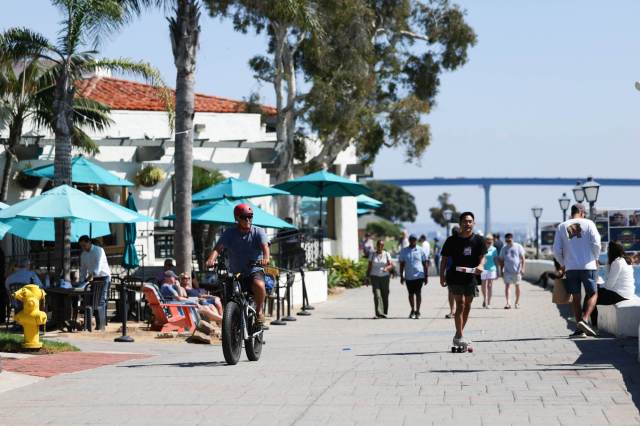Racing Against Red Tape: Seaport Developer Pushes California Lawmakers to Fast-Track Green Approval

A proposed bill, SB 675, aims to streamline the review process for a massive waterfront development project in San Diego by expediting the Coastal Commission's evaluation and potentially limiting its power to halt the project. The legislation seeks to accelerate the approval timeline for this significant urban development, potentially cutting through bureaucratic red tape that often delays large-scale coastal projects.
The bill specifically targets the review procedures of the California Coastal Commission, proposing a faster track for project assessment while simultaneously constraining the agency's traditional ability to block or substantially modify major waterfront developments. Proponents argue that this approach will help unlock economic potential and housing opportunities, while critics worry about potential environmental and community impacts.
By mandating a more rapid review process, SB 675 could set a precedent for how large urban coastal projects are evaluated in California, potentially reshaping the relationship between development interests and coastal regulatory agencies. The proposed legislation represents a significant shift in how complex waterfront projects might be approved in the future.
